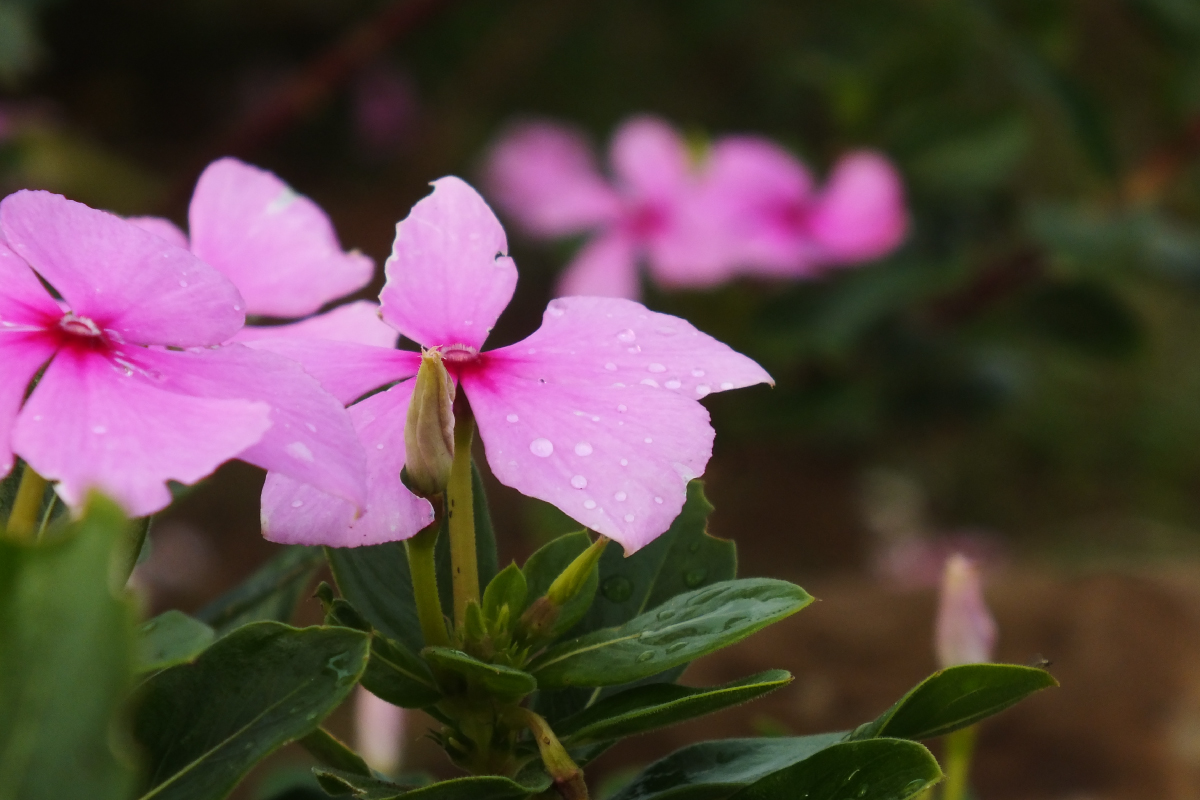Even now, people all over the world don’t know where they can throw out and get rid of all their trash and, to make matters worse, instead of eliminating accumulated waste on our lands, we are building artificial islands that negatively impact our oceans and marine life. Personally, I believe that trash is an important and urgent topic that needs to be addressed and we need to increase our awareness about how our actions affect all life forms.
Valentina Tepano: “The Impacts of Trash”

I live in Rapa Nui, which is a small Polynesian island off the coast of Chile, and every time I go to our beaches (like to Anakena or Ovahe), I see micro-plastic in the sand and trash in between the rocks along our coastline. Seeing this is incredibly sad because I know that it stems from a trail of irresponsible behaviors, such as the overuse and overconsumption of materials like plastics, styrofoam, PVC, etc. Having too much trash on the island is a really big issue for our community because it not only affects our ecosystem but also looks awful for the tourists. When a tourist walks near an archaeological site and sees garbage, it is such a horrible image. It is important to understand that tourism is the main economical force in Rapa Nui so visual contamination is very bad for business.
Another big issue for us here in Rapa Nui is the high amount of trash we collect. We have just one landfill for the entire island and, it is literally located in one of the most beautiful places on the island, with a gorgeous view of the Pacific Ocean. Right now, it is completely full of trash and is disgusting. And to make matters worse, our current recycling facility is outdated and underdeveloped given the demands of our growing community. As a result, there is a high percentage of accumulated trash and recyclable materials on the island that could really be recycled, reused and repurposed more appropriately and more efficiently.
I often think to myself, where is all our trash going to go in five or ten years from now? This is not just a problem on my island, but is also a global one that everyone is facing.
One way that we can start improving on the local level is to increase the distribution of recycling points. For example, at my high school this year, one class implemented a new recycling point right on the school grounds. After awhile, more classes asked to do the same and now, every grade has their own recycling point set up at school. In my personal opinion, if everyone took a more practical approach that is relevant to their local community, then little by little, more towns, cities and countries would feel the pressure or motivation to also participate and this could create a positive chain effect around the entire world!
I often think to myself, where is all our trash going to go in five or ten years from now?
The last solution that could be easily applied in Rapa Nui is to have a compost bin for our organic waste. Many residents compost their fruits and veggies; however, not everyone. While I have mentioned solid trash (plastics, glass, paper, metal, cardboard), it is also important to consider how we can better manage our organic trash. The function of the compost bin is to reuse organic trash in order to help fertilize soil and therefore helping to increase the success of planting. Ifeveryone participated, we could have not only a cleaner island, but a healthier one too!
In conclusion, the impact trash has within the Rapa Nui community is important not only locally, but also on an international level. Rapa Nui is a world-renowned tourist destination not only because of our beautiful island landscapes, but also because of the moai statue, our pristine national parks, the ahu or ceremonial center, and many unique archaeological sites. It would be a shame to lose this as a result of a lack of awareness and proactiveness regarding the protection of our local environment. Since the island’s economy is solely based on tourism, it’s very important for my generation to take care of how trash is handled and to be continuously proactive. Finding better solutions for how we handle trash is something we can all do together — the younger together with the older generations.
Author: Valentina Tepano
Date written: February 27th, 2020

